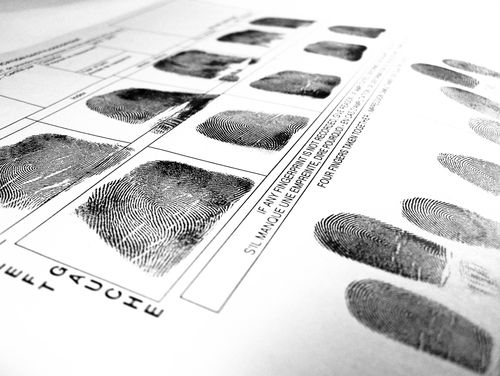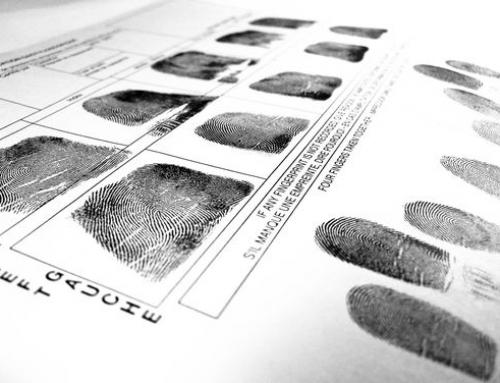As a criminal defense attorney in Philadelphia, I help clients who need to get offenses expunged from their criminal records. Earlier last year, the Pennsylvania legislature voted on and passed Senate Bill 391 (SB 391), which expanded the types of misdemeanor offenses that would be eligible for expungement. The new law allows the expanded categories of misdemeanors to be expunged following the passage of a mandatory interval following the date of the original conviction and a requirement that there are no new violations. The legislature intended that individuals convicted of low-level offenses would no longer be haunted by their criminal pasts when applying for employment and housing, thus benefiting the state’s economy and the likelihood of recidivism.
Changes in Pennsylvania’s New Expungement Statute
The enhanced law replaced Pennsylvania’s prior expungement statute, which was only available to a very small number of those convicted of minor misdemeanors, denying relief to one-time offenders no matter how much time had passed since the original conviction. For example, under the prior law, an expungement would be granted in cases where the convict is 70 years or older, with no additional convictions for the 5 years prior, or if the convict has been deceased for at least 3 years.
Offenses Eligible for Expungement Under Pennsylvania’s New Law
Under the new law, those persons with 2nd and 3rd-degree misdemeanors, which do not involve violence, can seek the expungement so long as they have not had any other convictions within the past 10 years if the original conviction was for a 2nd-degree misdemeanor and the offender was under 25, or 7 years in the case of a 3rd-degree misdemeanor. A certain type of very minor offense, referred to as a summary offense, may be expunged after passing 5 or more years. For those in Accelerated Rehabilitative Disposition programs involving cases such as DUIs, though not including sex-related crimes against minors, the trigger of the expungement may be automatic upon successful completion of the program.
The expanded list of offenses that are now eligible to be expunged includes substance-related offenses such as DUI’s and controlled substance and drug paraphernalia possession, as well as 2nd-degree misdemeanors such as larceny, identity theft, and reckless endangerment. Assault and battery offenses, which have been graded as mutual-combat 3rd-degree misdemeanors, are an exception to the violent offense ineligibility rule.
Ineligible Misdemeanor Offenses
Ineligible convictions include firearm and weapons offenses, sexual acts and cruelty to animals, intimidation and/or retaliation against witnesses, those offenses that require Megan’s Law registration, and any offense that carries an incarceration sentence of 2 or more years or has multiple prior convictions with at least a 1-year sentence.
What the Expungement Means for Some Convicts
The specific relief offered by the new statute is similar to record sealing. The expungement does not result in the destruction of the criminal records; rather, the expunged records are only available to certain government agencies such as local and federal law enforcement as well as criminal prosecutors and judges in the event of future offenses. The expungement allows the convict to re-enter society without the stigma and prejudice that follow those with criminal records.
Relief Provided is Still Limited
The new law is not a magic bullet. The new statute is intended to benefit those who have committed minor offenses in their past and have truly been rehabilitated, have committed no new offenses, and do not present a threat or danger to society. A judge may deny the expungement motion after reviewing all of the facts of the case. The prosecutor can also provide an argument to the court and be heard if they disagree that the expungement should be granted. The modified statute should not be viewed as something that gives dangerous criminals clean slates, which they will deviously use to perpetrate new crimes on the population that is no longer able to view their criminal records.
Final Thoughts
Pennsylvania’s new misdemeanor expungement law, though with harsh limitations compared to similar statutes in other states, is a step in the right direction for reducing the economic burdens placed upon the state by ex-convicts with very old and relatively minor offenses.


